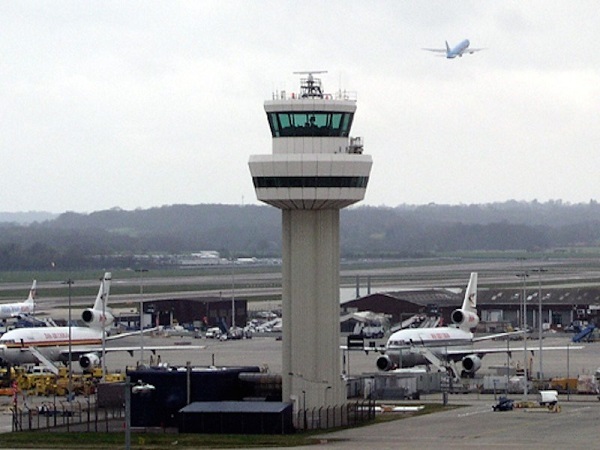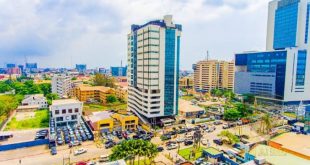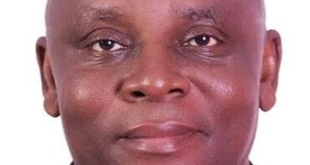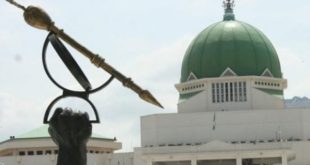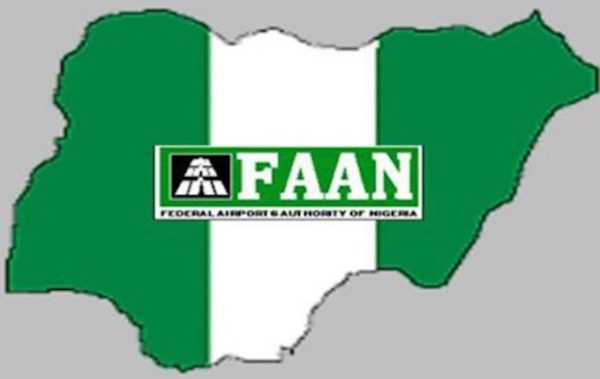However, a major factor to have stunted the growth of the indigenous airlines in Nigeria has been attributed to the lack of a maintenance facility for repair of their airplanes. It could be recalled that the liquidated Nigeria Airways lost most of its aircraft due to the inability to pay for the cost of maintenance of aircraft o facilities abroad. Industry experts have said a huge expenditure by airlines goes into maintenance of their aircraft abroad. For Nigerian airlines, huge amount of money is spent on maintenance and the engagement of expatriate skilled manpower, among others.
Ferrying the aircraft overseas for maintenance attract other challenges and more expenses, including allowances paid to pilots, hotel accommodation, fuelling and airport charges and others. So it will cost the airlines far less if they could carry out major maintenance of their aircraft locally, but there is no big maintenance facility in Nigeria.

At one of the forum organized by the Aviation Round Table (ART) the need for Maintenance, Repair and Overhaul (MRO) facility that will enhance the growth of indigenous airlines in Nigeria was discussed. Discussants looked at the issues from different dimensions and there was a consensus that having an MRO facility in Nigeria is the key to survival and profitability of the airlines.
They also explained why Nigeria has not been able to attract investors that could establish such facility. In fact the lack of such a facility in Nigeria was described as the biggest ‘killer’ of airlines in Nigeria in view of the huge costs associated with some of the major checks that an aircraft has to undergo at a particular time for it to remain airworthy, like the C- Checks.

Unfortunately, most airlines are unable to pay for the checks and eventually abandon the aircraft at the foreign MROs which usually refuse to release the aircraft to the airlines until all invoices are settled. A case in mind is what happened to Liquidated Nigeria Airways which lost some aircraft due to the inability to pay for the cost of maintenance to MRO facilities especially towards its last years.

You may want to ask if the airlines don’t know of the costs before sending out their aircraft in the first place. The truth is that in the agreement, the MRO may charge a standard C- Check fee of $500, 000. But when the aircraft gets to the facility and the actual work begins, there are usually findings, which are beyond the initially quoted fees that must be rectified, explained an airline executive. This is where the huge difference comes in that dramatically raises the final C check cost.
The Nigeria Civil Aviation Authority (NCAA) as part of its oversight function has imposed a calendar limit for a C- Check at every 18 months and depending on the scope of work to be performed, experts said an average C- check costs $1million. By today’s exchange rate of over N300 to the dollar, this can be put at about N360 million per aircraft every 18 months. About 70 percent of this cost is given to labour, while the balance is the cost of parts and engineering services associated with the C-Check. This is a huge capital flight in the very scarce foreign currency that ought to remain in the country if such checks are performed locally.
There have been talks for the establishment of a National Hanger by successive governments, but none has been able to walk the talk so far.“The best attempt made in this line in the country was by the Godswill Akpabio’s Administration of Akwa Ibom State and with the governors exit from office, it appears the project has died a natural death.
The absence of aircraft maintenance facilities in Nigeria may have cost the country over billions of naira in the last couple of years going by the revelation that a comprehensive (C) Check on B737 classic in a maintenance facility in Europe or the United States could gulp up to $1m or more, only points to the fact that action needs to be taken to make this project a reality for the future growth the aviation industry in Nigeria.
Copyright MMS Plus.
All rights reserved. This material, and other digital content on this website, may not be reproduced, published, broadcast, rewritten or redistributed in whole or in part without prior express written permission from KINGS COMMUNICATIONS LIMITED.
 MMS PLUS NG – Maritime, Aviation, Business, Oil and Gas News Online Newspaper with coverage in Maritime, Oil and Gas, Aviation, Power and Energy as well as Financial News
MMS PLUS NG – Maritime, Aviation, Business, Oil and Gas News Online Newspaper with coverage in Maritime, Oil and Gas, Aviation, Power and Energy as well as Financial News

